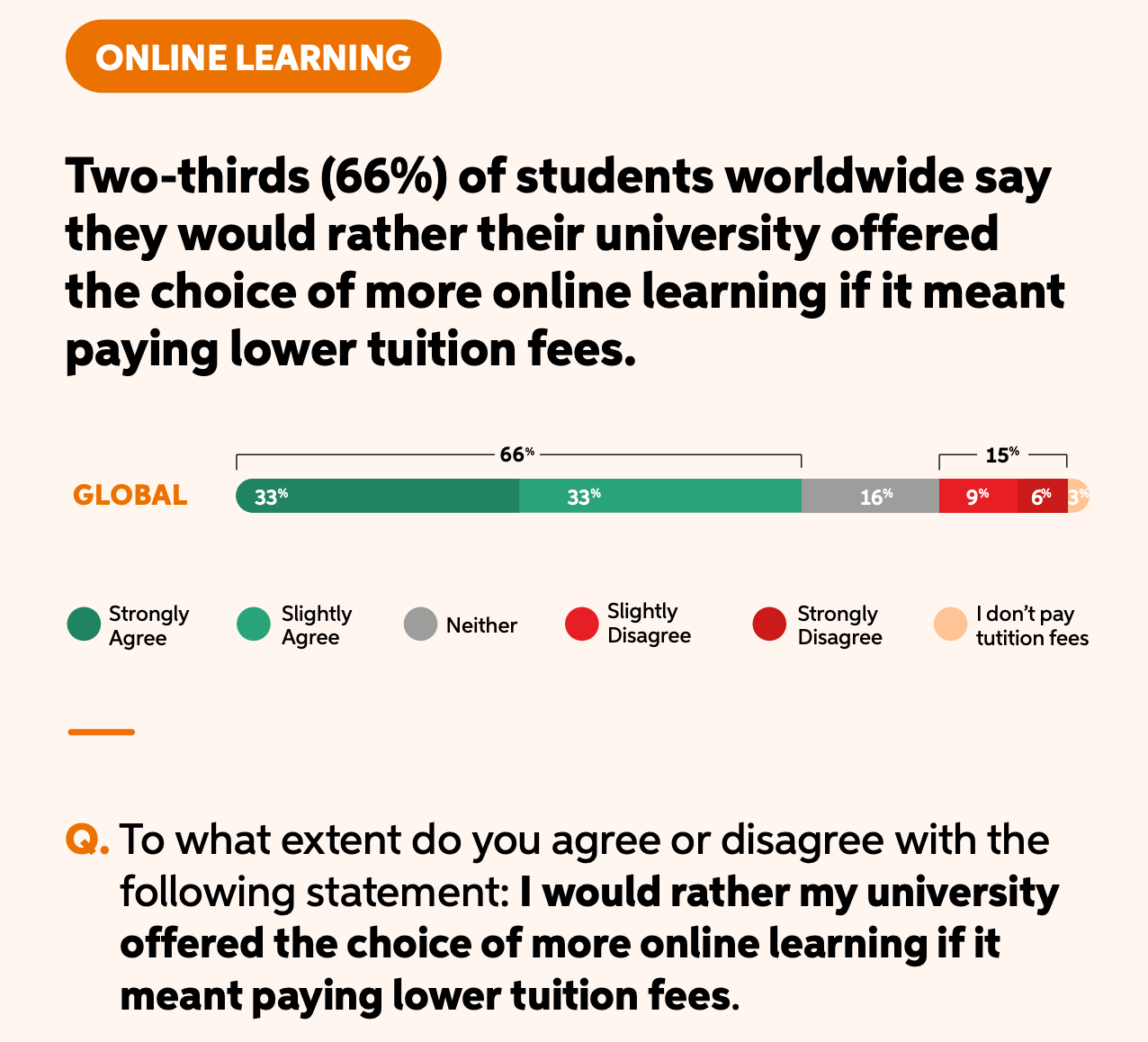How Gen Z is paving a new path to success
Can real-world creativity & skills trump a degree?
Will getting a good degree guarantee you a great job?
It all depends, though the latest trends are saying no.
The traditional path through higher education leading to career success is changing. There is now a noticeable shift towards more creative and individualised approaches to learning.
These changes are a response to a world of work that is rapidly transforming, not just in terms of what employers expect from their people, but also because of what employees want from work.
At Perfectit, we’ve been observing these changes occurring in different ways.
Attitudes today are noticeably different, especially from GenZ who now look beyond academic degrees towards acquiring real-world skills.
Messrs. Andreessen & Horowitz, co-founders of A16z capital, which invests in Artificial Intelligence amongst a myriad of other channels, also say that the shift away from traditional four-year degrees extends beyond Silicon Valley. It’s not just tech leaders who are seeking alternative education for their children, including homeschool pods and micro-schools.
The joint venture between Elon Musk and Josh Dahn, of Astra Nova School, is a prime example of the significant upheaval in the educational landscape. With a focus on STEM subjects and an investment of $100 million, Musk's latest venture with the Texas Institute of Technology and Science, further underscores this shift.
In the new Adaptive Economy, schools such as the London Interdisciplinary School are providing Bachelors and Masters degrees that foster learning a ‘generalist specialist’ skill set. The focus now is on adaptable, cross-functional roles that will make up ~65% of future careers.
This widening disconnect between more traditional academic institutions and corporate demand exacerbates the problem of a skill gaps among university graduates entering the job market.
Perfectit's co-founders have first hand experience of the need to up-skill graduates after their probation period, with suboptimal productivity for a year or two until on-the-job training has been done. Given the average tenure of Gen Z employees at companies (c.2 years and 4 months), this means they potentially spend nearly half of their paid time in a new role just getting optimised within the business to do something of actual value.
So how does AI help all involved? How can traditional learning institutions level-up their value proposition in order to retain their customers, the students who attend them?
A survey conducted by Chegg.org polling a number of students across 21 countries found 20 out 21 countries favoured online education if it meant lower fees.

Source: Chegg.org Global Student Survey 2023
Given how the British government has recently cracked down on foreign student visa access, going online [and charging less] may also be a route to foreign student access.
AI that teaches you using micro-learning is proving to offer a lot of value (value equals knowledge acquired vs money spent to acquire it) to Learners.
Asking AI to provide information of a specific topic or even creating your own GPT research assistant to help you research a topic will provide you with enough information to be considered “the expert in the room”. Couple this with 100-hour active learning and deliberate practice principles and you’ll develop a level of competence that will, in theory, allow you to be better than 95% of the planet for that chosen discipline.
If you liked the content of this article then feel free to subscribe to Perfectit.org newsletter for more of the same, including our upcoming series on the top Soft Skills our research has identified as being crucial to compete in an AI world.
